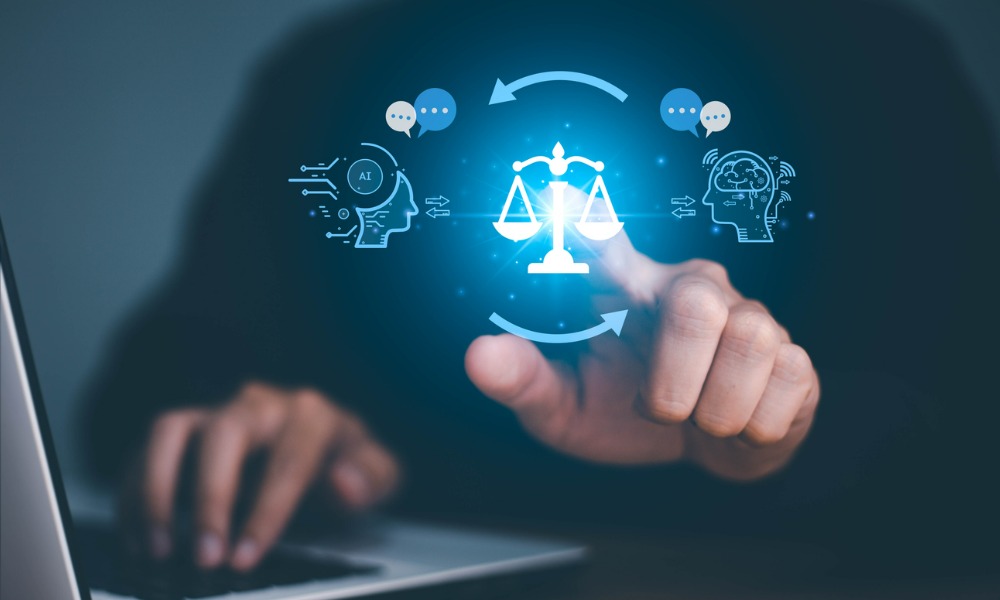
It is not about becoming technologists but about applying legal knowledge in new ways

Several years ago, the rage for technology-focused lawyers was learning to code. Many lawyers who embraced change were preaching the value of knowing JavaScript and Python, heralding the new generation of legal professionals with tech skills ready to take on the world.
This fad was not just restricted to the legal profession. Governments across Canada pushed for coding skills to be taught in schools, and computer science program enrollment skyrocketed.
While lawyers’ obsession with artificial intelligence may be dismissed as the next tech fad, it fundamentally differs from the coding trend. Artificial intelligence promises to change everything, including software development, radically.
Paul-Erik Veel has worked with technology and legal data for several years. His firm, Lenczner Slaght LLP, launched its data-driven decisions project in 2021 after Veel had been experimenting with using software to analyze legal cases.
Veel said the coding did not take much of his team’s time. It was looking at cases, identifying information about those cases, and plugging them into a dataset.
“One of the little secrets of a lot of data analytics programs is that the vast majority of the work is spent on building your data sets on the front end. You can get very robust predictive models in a matter of seconds from your data,” Veel says.
In other words, it was their legal knowledge, not coding skills, that they applied to the job. But they were not doing their job like lawyers have always done it.
For Quinn Ross, AI is as revolutionary as the Gutenberg press while “everyone is acting like it’s the next-generation iPhone.”
Yet Ross is optimistic that the profession can navigate the changes. “Integrating AI into law practice is not a threat but an opportunity. We must embrace this technology and adapt our methods, focusing on testing and refining AI-generated output,” he argues.
For lawyers, it is not about becoming technologists but about applying their legal knowledge in new ways. So, don’t feel bad if you never learned to code. But you may soon realize you missed the boat if you aren’t harnessing technology to provide legal answers.